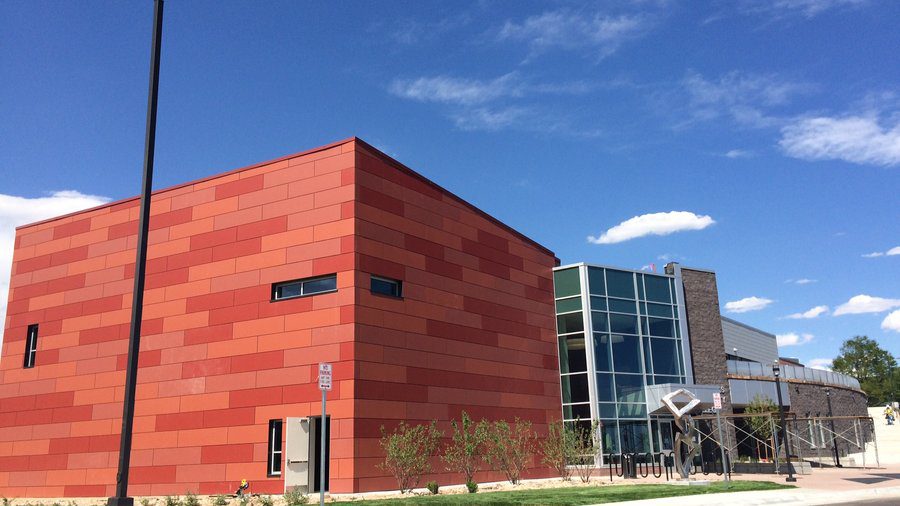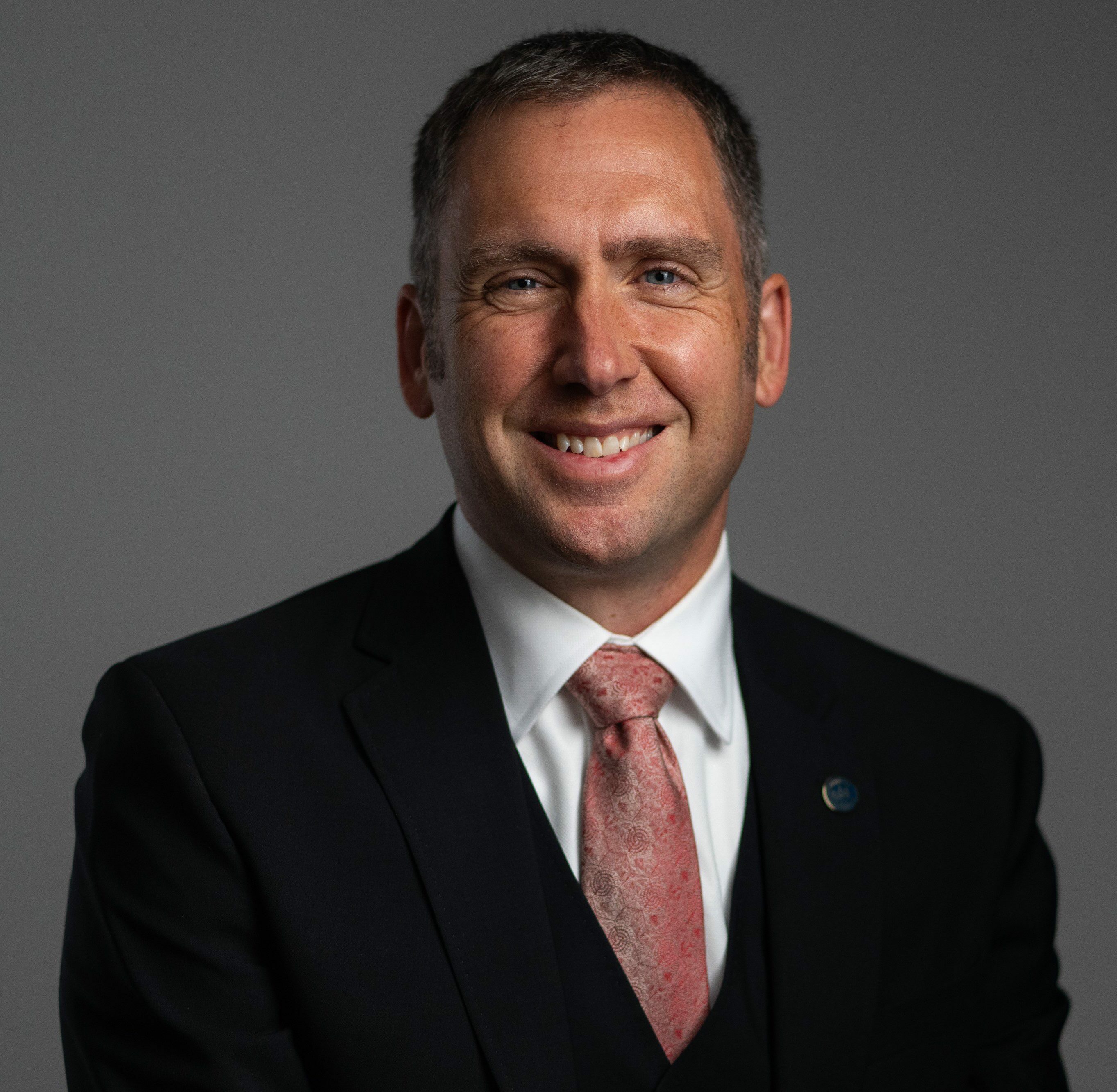
Red Rocks Community College (RRCC) received a $425,000 award from the Colorado Health Foundation to address the urgent need for more physician assistants (PA) of color across the state.
This significant funding will bolster training and credentialing of PA candidates over the next three years. As the only community college in the country to offer a PA master’s program and only one of just four PA training providers in the state, RRCC is uniquely positioned to make a substantial impact.
“With this grant, we can facilitate an additional 15,000 patient visits annually in our most underserved communities,” said Dr. Pirius, president of RRCC. “This opportunity to better serve our community and directly tackle the pervasive workforce shortages in healthcare reinforces RRCC as the partner of choice.”

This opportunity to better serve our community and directly tackle the pervasive workforce shortages in healthcare reinforces RRCC as the partner of choice.
There is high demand for skilled PAs, particularly in underserved and rural communities. PAs play a critical role in enhancing access to healthcare, providing cost-effective services, and helping patients manage chronic conditions.
“The Red Rocks Community College’s Physician Assistant Program is the only program dedicated to preparing PAs for primary care practice, making our program the ideal investment to increase the number and diversity of PAs serving in our high need and rural communities,” said Jennifer Kroetch, dean of RRCC’s PA program.
Joe Garcia, chancellor of the Colorado Community College System (CCCS), is optimistic about the initiative’s goals to improve healthcare access and quality. Many Coloradans, especially those of color, face significant barriers in affording care or finding representative providers.
“CCCS trains over half the nurses and more than 90% of the first responders in Colorado, and 40% of our learners are students of color,” Chancellor Garcia said. “By leveraging the power and connectivity of our 13 colleges, we have the potential to scale and replicate this model to increase the number and diversity of healthcare providers statewide.”
By leveraging the power and connectivity of our 13 colleges, we have the potential to scale and replicate this model to increase the number and diversity of healthcare providers statewide.


